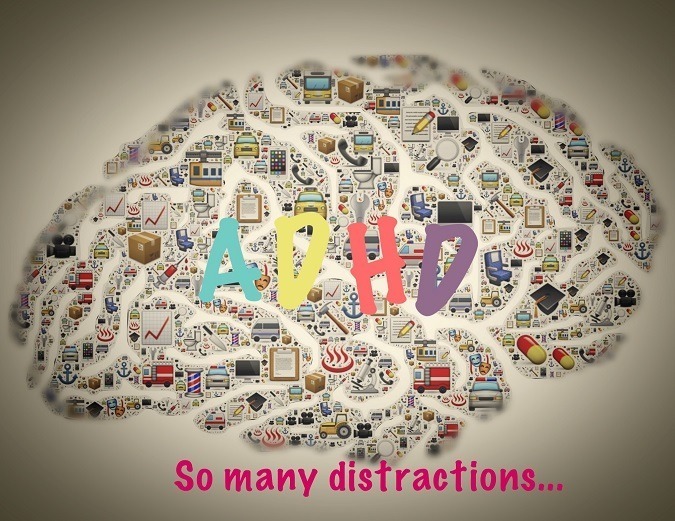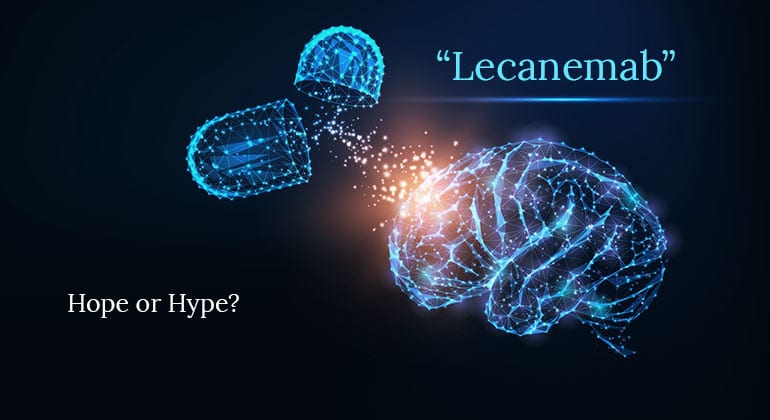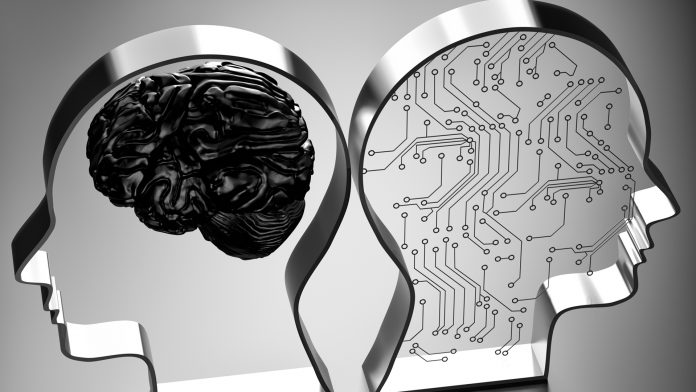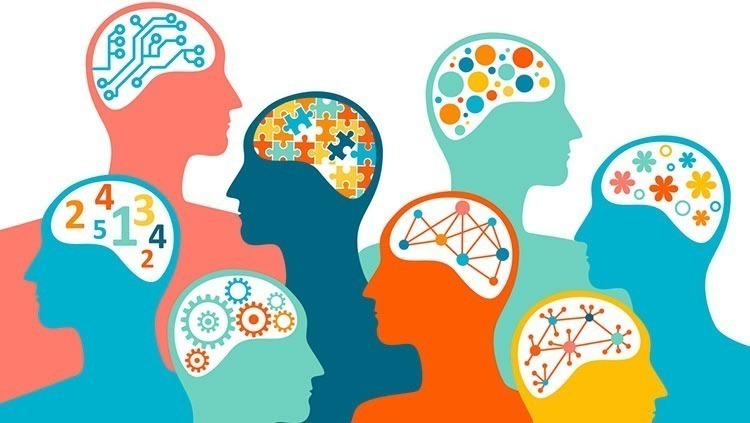Brain/ Mental Health
Study: Self-guided internet-delivered treatment can significantly reduce ADHD symptoms among adults
Although ADHD was originally considered to be a disorder of childhood, it has been clear for years that it also impacts adults. At least 60% of children diagnosed with ADHD struggle with symptoms into adulthood and the estimated prevalence of ADHD in adults is between 4 and 5%. As with children and teens, medication treatment is…
Read MoreHow the Arts transform our Brains, Bodies, and Minds
One of my favorite sayings comes from David Thoreau: “My life has been the poem I would have writ / But I could not both live and utter it.” It speaks to the way that life and art are intertwined, and how we gain so much from living life with a sense of beauty and…
Read MoreSmartphone-based cognitive behavioral therapy found to significantly decrease insomnia, substantially outperforming sleep education
Digital Therapy for Insomnia More Effective Than Sleep Education, Study Finds (American Journal of Managed Care): A smartphone-based, Chinese culture–adapted digital cognitive behavioral therapy for insomnia (DCBT‑I) application improved insomnia severity compared with sleep education, according to findings of a study published in JAMA Network Open. Researchers wanted to study the efficacy of this DCBT‑I app compared…
Read MoreShould doctors prescribe lecanemab (Leqembi) to women? The answer, given available evidence, is probably No
Data from the CLARITY trial earlier this year was supposed to be the crowning glory of the amyloid hypothesis, vindication for proponents of this long-held but much-maligned theory of Alzheimer’s disease. Yet the results left many feeling underwhelmed, and even the study authors noncommittal. The CLARITY trial has many admirable features. It recruited close to…
Read MoreStudy shows the power of electroencephalography and machine learning to help predict response to psychotherapy (or lack thereof) in patients with PTSD
A fascinating study just published in Nature Mental Health aimed at helping predict the outcomes of psychotherapy for patients with Post-Traumatic Stress Disorder (PTSD) using Machine Learning (ML) and electroencephalography (EEG) data. PTSD is a mental health condition triggered by experiencing or witnessing a traumatic event; two evidence-based treatments–Prolonged Exposure (PE) and Cognitive Processing Therapy (CPT)–are…
Read MoreOn the 7 Habits of Highly Stress-Resilient Minds, cognitive screenings, anti-amyloid drugs, and more
Welcome to a new edition of SharpBrains e‑newsletter, this time covering the latest developments in stress research, meditation, virtual reality, anti-amyloid drugs, cognitive screenings, and more. #1. The 7 Habits of Highly Stress-Resilient Minds “Anything worth doing will have aspects of stress woven through: challenge, discomfort, risk. We can’t change that. But what we can change is…
Read More





